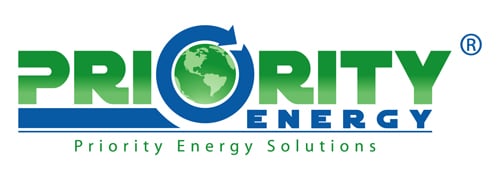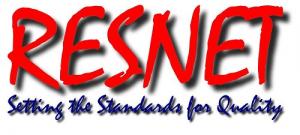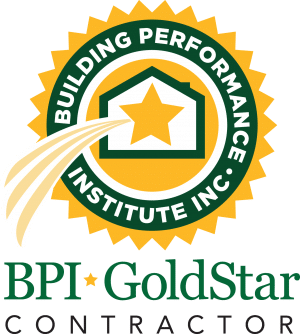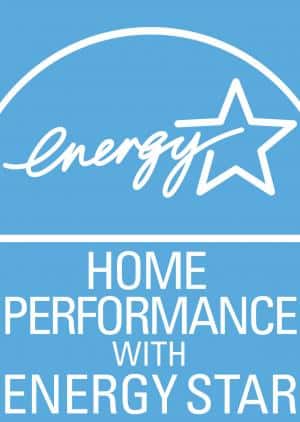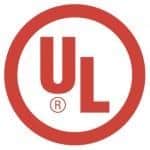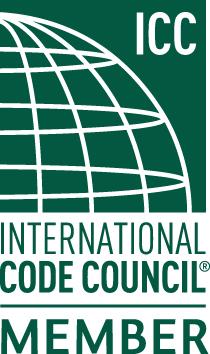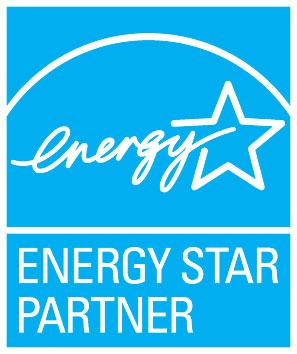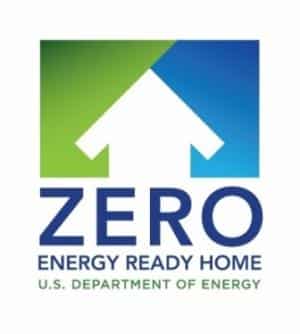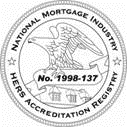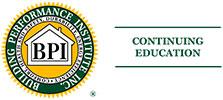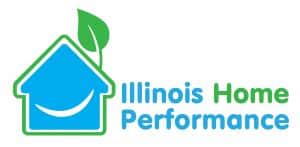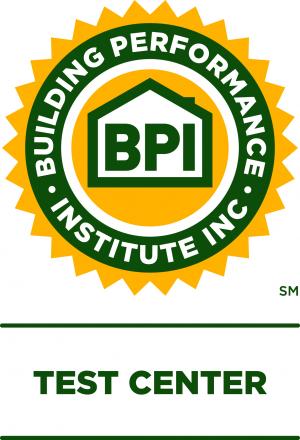The Internet says Energy Star recommends new thermostat settings for homes. Whether or not this is “fake news”, we know from our experience as Building Science specialists, that these temperature adjustments could negatively impact indoor air quality, structural durability, health and comfort.
We’ve been in hundreds of Chicago area homes and interviewed countless homeowners and have yet to meet anyone who is comfortable with indoor temperatures of 78 – 85° in the summertime in our climate zone. Even in a newer energy efficient home with a properly sized HVAC system, a 7 degree temperature swing would be nearly impossible to attain because on a hot day it would/should take multiple hours for your properly sized AC to drop the temperature a full 7 degrees.
Additionally, we noted the reference to a nighttime thermostat setting of 65° in the summer time, which we believe the author of this article may have taken out of context, from the National Sleep Foundation (we’re guessing they meant this as a winter time setpoint). A summertime setpoint of 65 degrees in our climate would likely lead to indoor air quality and structural problems in many homes. In our climate zone unless humidity levels are held below 50% running your AC this low would create condensation, and even higher indoor humidity levels. Condensation forms on ductwork and anywhere the cool air from your AC blows on, such as inside of walls or in other hidden areas.
In our experience, set points this low are unnecessary when humidity is properly maintained, because the air temps will feel lower than what you read on the thermostat when you’re humidity is held between 45 and 50% in the summer. However, if you would like to set your thermostat to 65 degrees at night, or are interested in keeping your thermostat set warmer during the day, we can help.
For optimum indoor comfort and energy savings, Priority Energy recommends homeowners start by checking their indoor humidity levels. Indoor humidity should be kept between 45-50% in the summer. If humidity is higher the risk of structural damage goes up, and comfort is harder to attain even at lower temperatures.
Priority Energy can help you with simple fixes, such as adjusting existing equipment and setting proper fan speeds, addressing poor whole home ventilation and mechanical sizing. Call us today.
